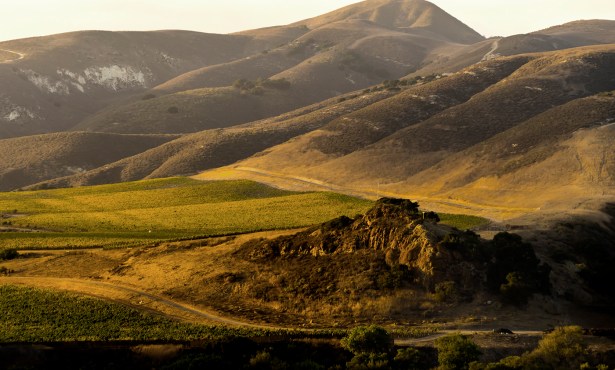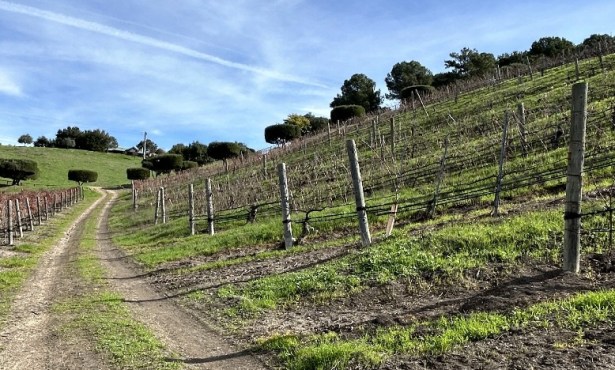Supes Put Oil Tax on Slow Track
Black Gold on Hold
Two weeks after salivating heavily over the multimillion dollar potential of a tax on crude oil production, Santa Barbara County supervisors voted unanimously this week to get out of the fast lane toward a November ballot question on the matter and take a slow approach to the still-developing tax plan, taking perhaps as long as two years. With the already cash-challenged general fund expected to be about $10 million tighter by this time next year, the very real revenue potential of a per-barrel oil severance tax on crude harvested from beneath county land had the supes hooked at hello on May 13, but by May 27, after county staffers had spent the better part of the previous two weeks conferring with stakeholders of all ilks, the supervisors had a mild change of heart. They decided that the oil tax proposal, besides needing more time to marinate in the minds of oil industry executives and environmental watchdogs alike, could deliver a potential death blow to this November’s cash-creating Measure A ballot question, which aims to fund transportation projects via a county-wide half-cent sales tax.
Speaking for himself but summing up the viewpoints of his fellow supervisors, the 5th District’s Joe Centeno said, “Conceptually, this is something I could get behind but : to try and speed this thing forward and get it on the November ballot is ill-advised : We would be setting ourselves up for failure.”
A county staff report estimated that a theoretical per-barrel tax of $1.20 could place more than $184 million into county coffers within a decade of inception. This good news created the most unusual of bedfellows in its opposition. The county’s Planning and Development staff sat down with environmental groups, the Santa Barbara County Taxpayers Association, Service Employees International Union Local 620, and oil producers to better address their many questions and concerns.
Aside from the SEIU, all parties, eyeing the fact that a 2008 November ballot item would require a completed proposal by the first week of July, agreed that such an early deadline would be foolish. For groups like the Environmental Defense Center and the Community Environmental Council, the tax, though appealing, has the potential to add an incentive for the county to approve future oil production proposals. Further, they hoped that revenue from such a tax would by earmarked specifically for earth-minded county endeavors.
For oil producers, too, the topic was “far too complicated” to be decided hastily, as even basic issues like the actual amount of taxation per barrel need to be vetted. “The more we get into this,” Venoco spokesman Steve Griegs told the supes on May 27, “the more issues we find.” Griegs added that the county would find it “very difficult to get an initiative that we would not oppose” in the short time available to prepare for the next ballot.
Other perils associated with relying on oil tax income were brought up by county taxation watchdog Andy Caldwell, who asked the supes, “Does it really make sense to become dependent on a revenue stream in the general fund that could eventually dry up?”
Despite their downshift this week, the supes remained cautiously optimistic and scheduled a late September hearing to review the matter. In fact, the man originally responsible for the idea, 3rd District Supervisor Brooks Firestone, lobbied hard for the proposal to come back in more fleshy detail as early as July. Motivated by the ever-shifting international landscape of oil politics, Firestone lobbied for expediency as a means of making a preemptive grab against a possible future power play by the federal government to speed up and control domestic oil production. Even he felt a November ’08 ballot question was far too ambitious, though.
While hammering out details of what the exact tax would look like, the county must decide whether to pursue a special or general tax. The latter would put money straight into the general fund with no restrictions on its spending and require a 50 percent plus 1 majority in a public election. The former would earmark the cash for specific purposes and would need a two-thirds majority to come to fruition. With this week’s decision to give the November general election a pass, the next ballot date for an oil tax proposal, save for a special election to the approximate tune of $1.4 million, would be November 2010.



